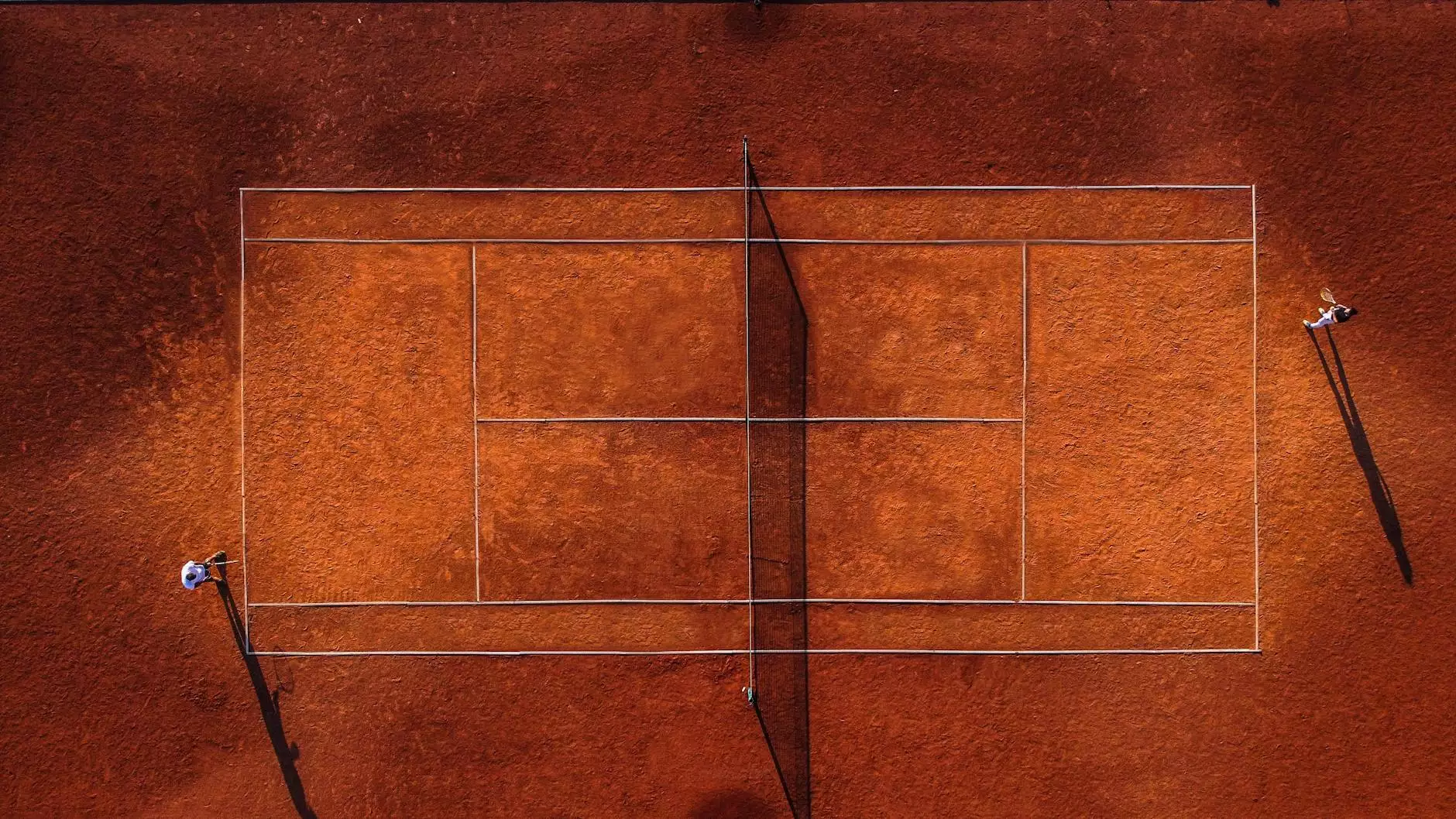Understanding the Role of a Thyroid Cancer Specialist

Thyroid cancer has become an increasingly recognized health concern, with its incidence rising over the past few decades. In the face of such a serious health issue, the role of a thyroid cancer specialist becomes paramount. This article provides an in-depth look into the importance of these specialists, the various aspects of thyroid cancer, and the comprehensive care they provide.
What is a Thyroid Cancer Specialist?
A thyroid cancer specialist is a medical professional with extensive training and experience in diagnosing and treating thyroid cancer. Typically, these specialists are endocrinologists or surgical oncologists who have focused their practice on the intricacies of thyroid health and the complexities of thyroid malignancies.
Types of Thyroid Cancer
Before understanding the role of a thyroid cancer specialist, it is crucial to know the different types of thyroid cancer, which include:
- Papillary Thyroid Cancer: The most common form, often characterized by slow growth and a good prognosis.
- Follicular Thyroid Cancer: Generally more aggressive than papillary, this type can spread beyond the thyroid.
- Medullary Thyroid Cancer: A rare type that can be familial, originating from C cells in the thyroid.
- Anaplastic Thyroid Cancer: A rare and aggressive form that poses significant treatment challenges.
The Importance of Specialization in Treatment
Thyroid cancer treatment is not a one-size-fits-all approach. A thyroid cancer specialist possesses the knowledge necessary to tailor treatment plans based on individual patient needs, which may include:
- Surgery: Often the first line of treatment, involving thyroidectomy or lobectomy.
- Radioactive Iodine Therapy: Used post-surgery to eliminate remaining cancer cells.
- Targeted Therapies: Medications that interrupt cancer cell growth signaling pathways.
- Thyroid Hormone Suppression Therapy: Administering thyroid hormones to inhibit cancer growth.
Diagnosis and Early Detection
Early detection is critical to successful treatment. A thyroid cancer specialist is skilled in performing a thorough evaluation, which may include:
- Physical Examinations: Assessing for nodules or swelling in the neck area.
- Ultrasound Imaging: Determining the size, location, and number of nodules.
- Fine Needle Aspiration (FNA) Biopsy: Collecting tissue samples to examine for cancer cells.
- Blood Tests: Checking levels of thyroid hormones and tumor markers.
Treatment Approaches
Surgical Interventions
For many patients, surgery remains the cornerstone of treatment. A thyroid cancer specialist employs cutting-edge techniques to minimize complications and ensure effective removal of cancerous tissues. Common surgical procedures include:
- Total Thyroidectomy: Removal of the entire thyroid gland.
- Lobectomy: Partial removal of the thyroid lobe.
- Central Neck Dissection: Removing lymph nodes in the central neck that may harbor cancer.
Post-Surgical Follow-Up
Following surgery, patients require close monitoring for recurrence. A thyroid cancer specialist will often use:
- Thyroid Hormone Replacement Therapy: Adjusting medication to maintain normal hormone levels.
- Regular Imaging: Utilizing ultrasound or scans to detect any residual or recurrent disease.
- Biannual Follow-Ups: Ensuring ongoing surveillance and prompt management of any emerging concerns.
Supportive Care for Patients
The journey of dealing with thyroid cancer can be daunting, not just physically but emotionally as well. A thyroid cancer specialist understands the multidisciplinary nature of cancer care and often coordinates with:
- Nutritionists: To create dietary plans that support overall health and recovery.
- Psychologists: To provide mental health support for coping with the psychological impacts of cancer.
- Rehabilitation Specialists: To aid in regaining strength and mobility post-surgery.
The Impact of Research and Advancements
As medical science evolves, so too does the field of oncology. A thyroid cancer specialist continually engages with the latest research and advancements, which include:
- Clinical Trials: Offering patients access to experimental treatments and cutting-edge technologies.
- Genetic Research: Understanding genetic markers that predict treatment response and cancer risk.
- Innovative Therapies: Exploring new drugs and therapies that target specific cancer pathways.
Finding the Right Thyroid Cancer Specialist
Choosing a qualified thyroid cancer specialist can significantly impact patient outcomes. Key factors to consider include:
- Experience: Look for specialists with a robust background in treating thyroid cancer specifically.
- Patient Reviews: Seeking feedback from other patients can provide insight into their experiences.
- Comprehensive Care: Ensure they provide a multidisciplinary approach to treatment.
Conclusion
The role of a thyroid cancer specialist is pivotal in the fight against thyroid cancer. Their expertise not only encompasses the technical aspects of treatment but also extends to the holistic care of patients. Understanding the comprehensive services they offer, from early diagnosis to advanced treatment options and supportive care, empowers patients to make informed decisions regarding their health.
For those seeking more information or wishing to connect with a qualified thyroid cancer specialist, the resources available at oncologicalsurgery.net can serve as a valuable starting point.









